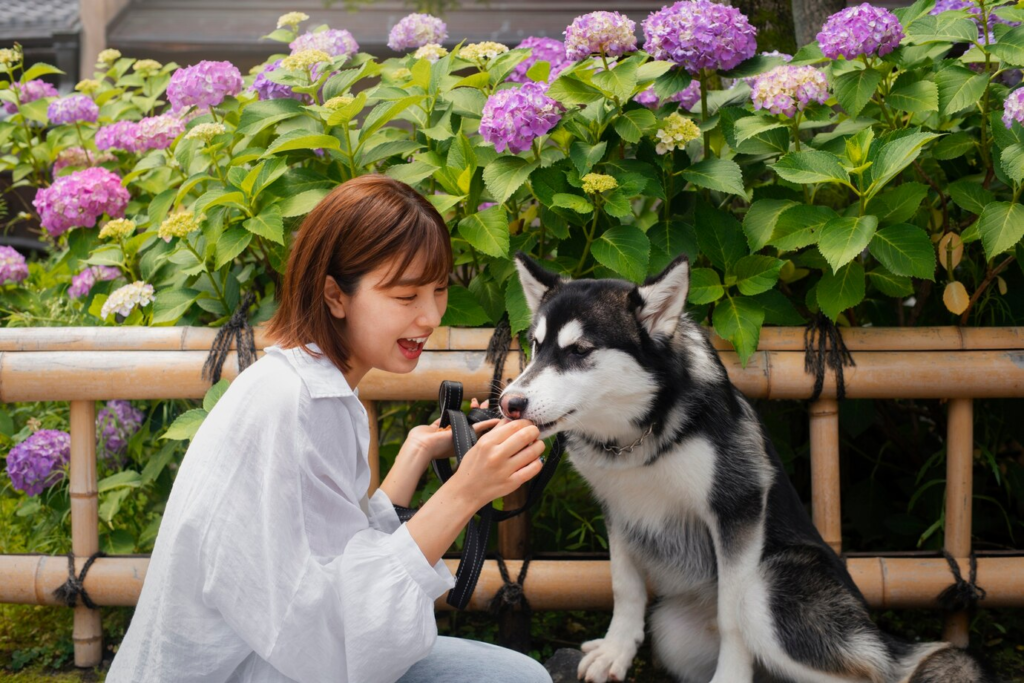Are Orchids Toxic to Dogs? Everything You Need to Know

If you have a puppy who is known for chewing, choosing pet-friendly plants is a top priority. After all, the ASPCA lists plants as top toxins for pets. If you’re planning on adding the exotic Phalaenopsis orchid to your houseplant collection, you’ll need to know whether orchids are toxic to dogs.
Fortunately, most orchids are not toxic to dogs and cats. However, a reasonable precaution is to discourage your dog from eating houseplants.
Orchids explained
Orchids are one of the most popular houseplants, and for good reason. 2 These exotic beauties bloom for a long time, making wonderful additions to the branches of cut flower arrangements, and many sought-after orchids, such as Phalaenopsis, are not too difficult to make. take care of.
In general, caring for orchids indoors involves providing a warm, humid area away from direct sunlight.
Are orchids toxic to dogs?
A big benefit to growing these attractive flowers is that most orchids are non-toxic to dogs. The ASPCA lists the most common orchid genus, Phalaenopsis, as non-toxic to dogs and cats.3
However, there are more than 25,000 species in the orchid family.4 While there are no reports or studies showing that any orchids cause serious problems in dogs if they ingest them, there may be other species or untested hybrids that are at risk. If you are considering adding a rare orchid to your collection, you should be extremely careful when keeping a pet.
Additionally, although slipper orchids (Cypripedium spp.) are not listed as toxic to pets, be aware that they are known to cause mild skin irritation in humans.5 They may cause similar reactions in dogs exposed to them .
Why is it harmful for a dog to eat orchids?
Just because orchids are not toxic to dogs doesn’t mean you should let your dog chew on them or any other plant. Orchids don’t tend to bloom profusely, and it would be a shame to lose the flowers you’ve cared for so carefully in just one arrangement.
Additionally, plants that are not toxic to dogs can still cause stomach upset, vomiting, and diarrhea if consumed frequently or in large enough quantities.6
And it’s not just the plant itself that can cause problems. If your dog eats a lot of orchid bark, it may expand in the stomach and cause an intestinal obstruction. Additionally, there is a risk that the tree has been treated with pesticides or herbicides that are toxic to dogs.7 Chemical fertilizers can also be a problem. However, fertilizing your orchids with a pet-safe organic solution, such as fish emulsion, will reduce this problem.
How to stop dogs from eating orchids
Dogs may eat orchids and other plants for many reasons. Eating plants is a common instinctual behavior in dogs, with some dogs being more attracted to the habit than others.8
If your dog is a large herbivore, he may be more inclined to chew on houseplants. Other dogs may start eating your orchids or other houseplants as a game, out of curiosity, or if they are bored or need to relieve stress. Addressing any potential problems and protecting your plants will keep your puppy and your plants safe.
Here are some smart strategies to help stop dogs from eating your orchids:
Protect your plants from pets: Keep orchids out of reach of dogs on a plant shelf, hanging basket, or in a pet-free growing room.
Increase enrichment: If your dog is bored, providing him with enough physical and mental stimulation will make him less likely to find other forms of entertainment, such as eating orchids.
Relieves Anxiety: If your dog is feeling stressed, he may start chewing to reduce anxiety. Observe your dog’s behavior and body language, and contact a certified dog behaviorist if you need help identifying triggers and helping him relax.